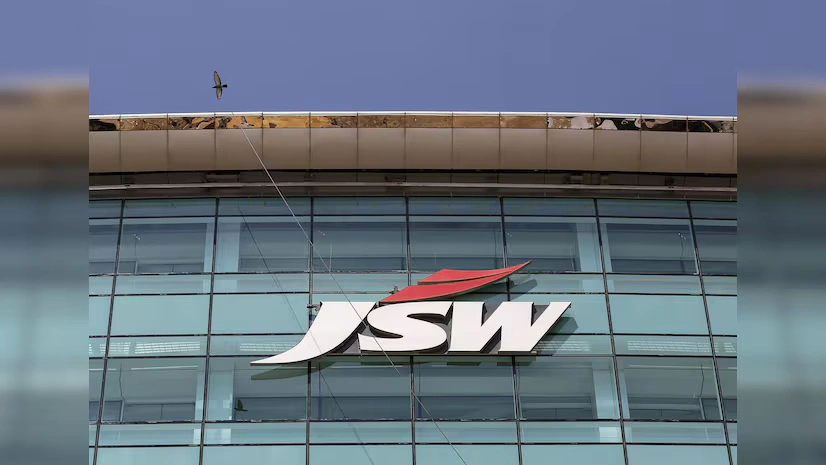In a landmark decision for JSW Steel, the Supreme Court in India, on May 2, 2025, struck down its ₹19,700 crore acquisition of Bhushan Power and Steel Ltd (BPSL) and called the resolution plan “illegal” with a direction for the debtor steelmaker to be liquidated. The ruling by Justices Bela M. Trivedi and Satish Chandra Sharma ignited broad discussions on the credibility of India’s Insolvency and Bankruptcy Code (IBC) process which in turn saw JSW Steel’s share price drop 5.5% to ₹972.15 on the BSE. This case is a watershed moment for insolvency in India with implications for creditors, investors and the steel industry.
Bhushan Power and Steel, a significant player in India’s steel sector, was one of the 12 major defaulters identified by the Reserve Bank of India in 2017 for the purpose of insolvency proceedings. At that time, BPSL was struggling with more than ₹47,000 crore owed to financial creditors and more than ₹780 crore owed to operational creditors. In July 2017 BPSL received a petition for Corporate Insolvency Resolution Process (CIRP) from one of its creditors Punjab National Bank. JSW Steel was deemed the successful bidder in 2019 committing ₹19,350 crore to financial creditors and ₹350 crore to operational creditors. The National Company Law Tribunal (NCLT) approved the bid in September 2019, and it was approved by the National Company Law Appellate Tribunal (NCLAT) in February 2020. In March 2021, JSW completed the acquisition and increased the acquisition share to 83.3%.
Under the leadership of JSW, the Jharsuguda plant in Odisha was upgraded from 2.75 MTPA to 4.5 MTPA capacity, with an aim for 5 MTPA by 2027. BPSL earned a profit of ₹300 crores in Q1 FY25, although it incurred a loss in Q2. Despite those upgrades, this deal faced several efforts from Sanjay Singhal (the former promoter), operational creditors, and the Enforcement Directorate (which attached about ₹4,025 crores worth of BPSL assets to a fraud case against the previous management) to unravel the deal’s consummation.
The Supreme Court eventually ruled based on major lapses in the IBC process. The bench found JSW’s resolution plan to violate Sections 30(2) and 31(2) of the IBC, which allowed a combination of equity and optionally convertible debentures (instead of only equity) in violation of the regulations. The Supreme Court also found JSW delayed repayment to financial creditors by 540 days, and operational creditors by 900 days, and that it improperly implemented the plan itself about two years after NCLAT’s approval.
Also check:- Waqf petitions to be heard today, interim orders to be made by the Supreme Court
The court referred to misrepresentations to the Committee of Creditors (CoC) and “vexatious” litigation to delay execution as “fraudulent” means to subvert the IBC’s aims of timely resolution, and of value maximisation. The CoC all major lenders (state-owned and private) such as the State Bank of India and Punjab National Bank and the Resolution Professional were called out for approving a flawed plan and for failing in their statutory roles. The court ordered BPSL’s liquidation under Art. 142 of the Constitution, similar to its ruling recently in the Jet Airways case. In many ways, this is a very rare case of reverting from a completed IBC resolution to go back a couple years after the original approval.
For JSW Steel , it puts at risk JSW’s ₹19,700-crore investment and could lead to an 8-10% EBITDA hit in FY26, as BPSL represented 10-11% of JSW’s projected earnings and 13% of production capacity according to JSW’s filings. They also lost the presence of BPSL’s Odisha plant, weakening JSW’s eastern India presence. For lenders, it gets worse, as liquidation likely earns lenders 6-7% of their claims of ₹48,000 crore, compared to the 41% offered under JSW’s plan. JSW Steel is currently considering the best way forward legally, with a review petition likely on the horizon.
The decision puts the dependability of the IBC into doubt which could potentially deter bidders from distressed asset auctions. Some experts support the ruling for promoting transparency while others caution it may create challenges in ensuring the finality of tribunal decisions. As the assets of BPSL proceed towards liquidation, the process affects employees, creditors, and the steel sector in India, and though highlighted the need for protections to be instituted in insolvency cases.


